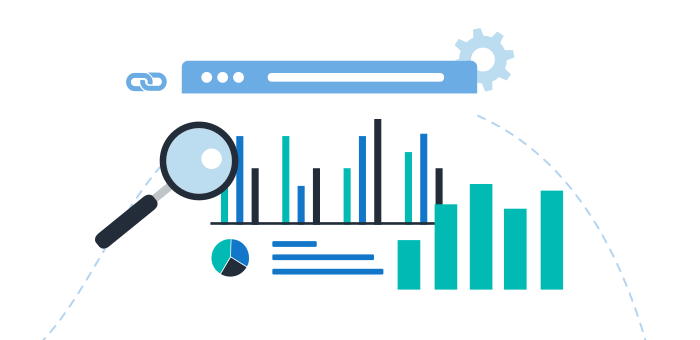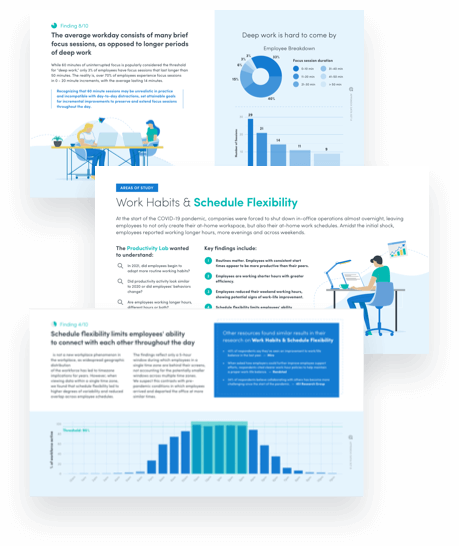- Home
- Resources
- Reports
- State of the Workplace
- 2022
- Essential Considerations
ABOUT THE REPORT
Essential Considerations
for the Workplace in 2022

Combining ongoing dialogue with companies, partners and industry leaders with data-rich observations, the Lab has curated a list of top workplace considerations for leaders to ensure healthy and sustainable productivity in 2022.
-
Businesses will need to make substantial investments in employee experience to support the mental and emotional well-being of employees in and outside the workplace.
-
Success will require balancing employees’ demands for increased autonomy, trust and empowerment with businesses’ needs for visibility, predictability and accountability.
-
Approaches to workplace flexibility will be a key diferentiator as top talent have unique preferences and increased options about when and where they work.
-
As employers identify the right blend of flexibility and accountability, there will be a shift to a more defined set of core working hours that encourage cross-time zone availability, collaboration and visibility.
-
Definitions and identifiers for burnout, engagement, alignment and operational apathy will become critical to identifying root cause and adequate solutions in the workplace.
-
Companies will need to adopt preemptive and just-in-time measures to mitigate burnout, disengagement and general employee strain, rather than rely on reactive legacy approaches.
-
Establishing social norms and culture-defining workplace characteristics will require high levels of leadership role modeling, manager coaching and employee engagement in a virtual workplace.
-
Training & development strategies require a shift to accommodate various modalities across virtual learning environments and learning styles.
-
Employers must move far beyond the current surface-level understanding of DE&I in the virtual workplace to improve accommodations and parity across all employee groups.
-
IT, Operations and People functions will need to be more strategic in how they integrate data and collect relevant insights through their tech stack (e.g., workforce analytics platforms, BI tools, surveys) to gain a holistic perspective that drives business performance, maximizes technology investments and empowers people.

